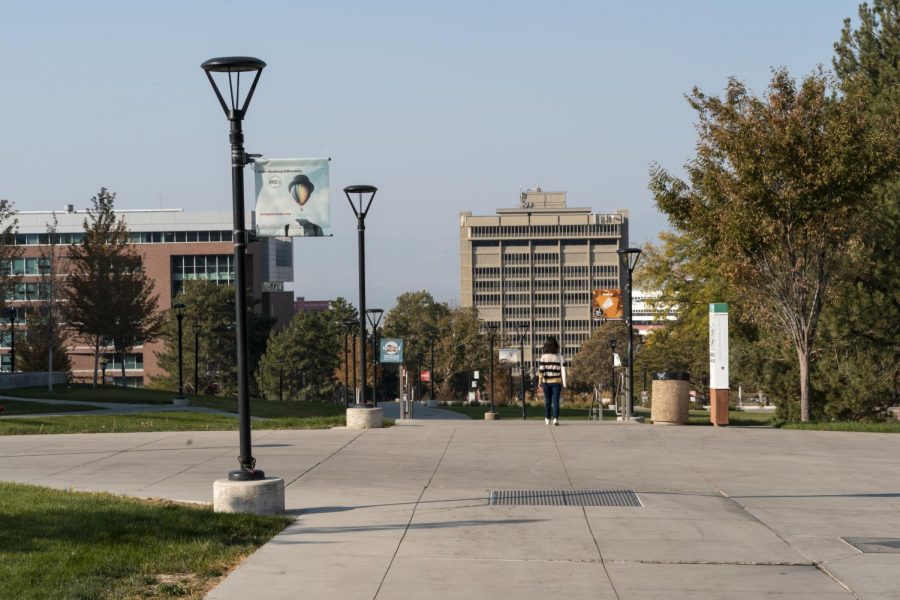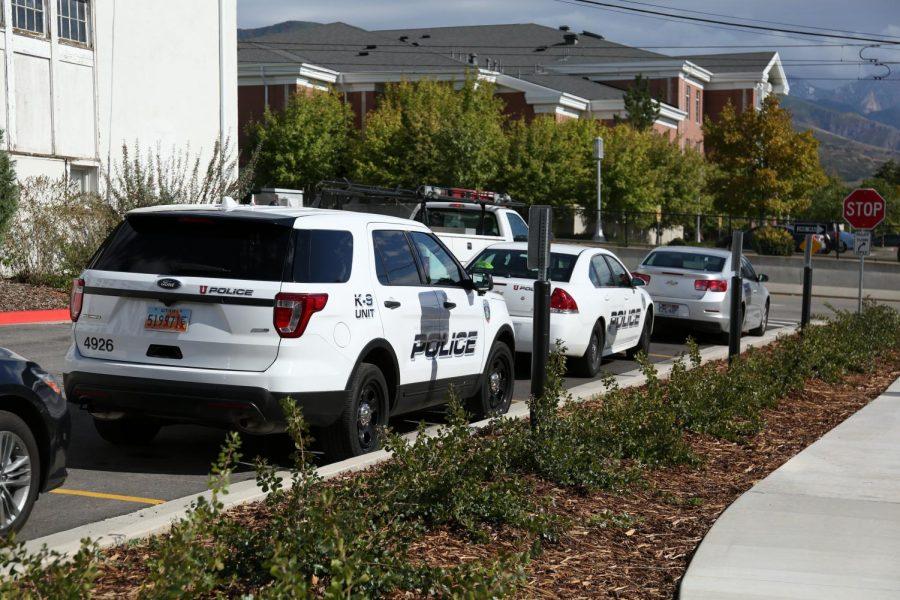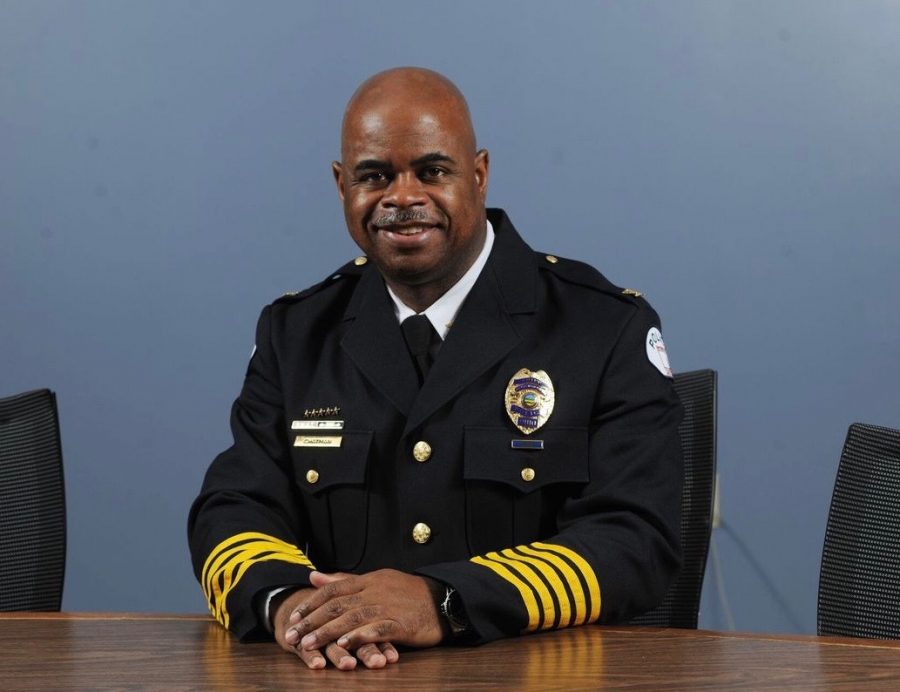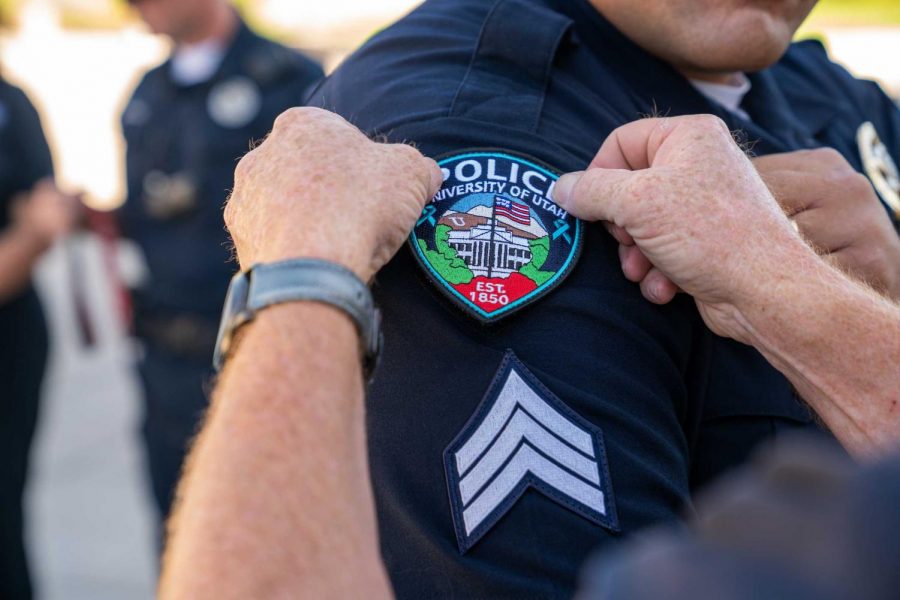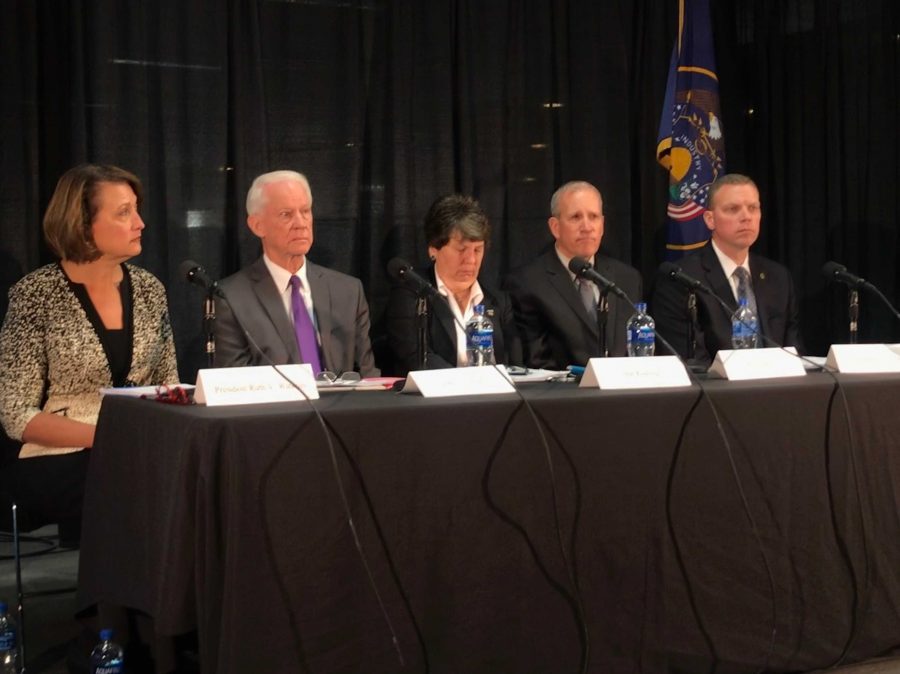In a press conference Wednesday morning, officials from the University of Utah and the state reported the results of two independent reviews into the University Police Department and Utah’s justice system sparked by the on-campus murder of student Lauren McCluskey by her ex-boyfriend, Melvin Rowland.
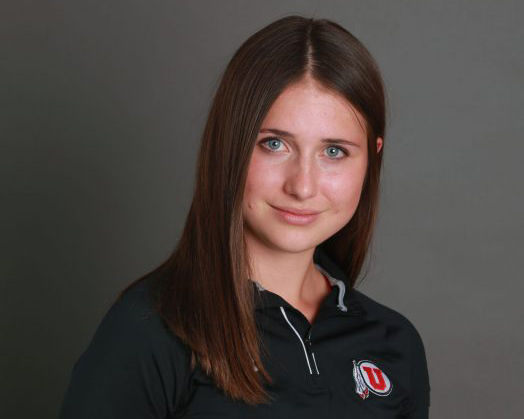
Officials also said that the independent review of overall campus safety, originally announced at the same time as this independent investigation into the police department, will begin next year.
Among the problems found by the reviews are issues with three state justice system databases that — at least in part — prevented officers from discovering Rowland was on parole, staffing shortages in the police department, insufficient training of police officers to deal with dating violence cases and poor cooperation between separate departments on campus.
Rowland and McCluskey had dated for about a month before the murder. She broke up with him on Oct. 9 after she discovered he was lying about his name, age and criminal history. Rowland was a registered sex offender stemming from convictions in 2004 and was on parole.
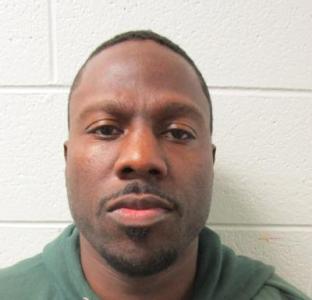 On Oct. 12, McCluskey reported to campus police that she received harassing text messages from anonymous individuals. Police later said they believed this was Rowland. However, police said they could do little “without any threats or anything of a criminal nature.”
On Oct. 12, McCluskey reported to campus police that she received harassing text messages from anonymous individuals. Police later said they believed this was Rowland. However, police said they could do little “without any threats or anything of a criminal nature.”
The next day, McCluskey reported receiving messages blackmailing her into paying $1,000 to avoid intimate photos of her and Rowland being posted online. She made the payment. A police investigation into the extortion officially began on Oct. 19. Just three days later, McCluskey was shot and killed by Rowland in the parking lot outside her dorm. Police later chased Rowland into the upstairs of Trinity AME Church, where he died of a self-inflicted gunshot wound.
After the murder, questions arose as to whether McCluskey’s previous contacts with police about Rowland were taken seriously. There were also questions about why UPD hadn’t contacted the parole board or Rowland’s parole officer.
Failure to Discover Rowland’s Parole Status
According to the report, no officer interviewed for the investigation had ever purposefully attempted to obtain this type of information — not just for McCluskey’s case, but for any case.
Former Utah Department of Public Safety Commissioner and retired attorney John Nielsen led the U’s review. Nielsen explained that, during the course of police investigations, officers obtained a criminal history for Rowland. Finding out he was on parole would have required a second check. One did occur, they believe accidentally, and officers do not recall seeing the results of that check.
Officers also ran Rowland’s drivers license number in state databases, but did not discover his parole status this way either. According to current Utah Department of Public Safety Commissioner Jess Anderson, the Utah Department of Corrections database for tracking offenders contained information about Rowland categorized via a state ID, not his driver’s license. When UPD ran his driver’s license number, the police didn’t get the information about him contained in that database because of the variance between the two numbers.
A second state system, built to alert parole agents when their parolees are being investigated, also failed. That system generated about 25,000 alerts per month between April and October, and each parole agent has about 100 parolees at a time. Anderson said this makes the system very difficult and convoluted to use. The system didn’t alert Rowland’s parole officer that he had contact with the UPD.
The third, the state’s criminal history database, had been modified to remove parole information after a past FBI audit of the state’s criminal history system found that its identification of parolees was illegal.
However, investigators say that such reports — even when they do reach parole officers — are speculative and parolees can’t always be arrested based on that information. It’s unknown whether a report to Rowland’s parole officer of the extortion would have resulted in his arrest.
Understaffing, Insufficient Training, and Lack of Cooperation
In addition to database issues, the investigation into UPD found that the department is understaffed. UPD Chief Dale Brophy said he has difficulty hiring and retaining police officers because there is a salary discrepancy between the university and other areas of the state. There are also issues with state retirement policies, which make it difficult to recruit and retain police officers statewide.
Investigators said the amount of time which lapsed between McCluskey’s reports and the opening of a police investigation is explained by the department’s staffing issues — the detective had a heavy workload and was covering many cases. These cases, which included sexual abuse of a minor, seemed more immediately pressing. The detective worked on them first. Despite this, another police officer contacted McCluskey 18 times during the span between her reports and the opening of the investigation.
Officers are also insufficiently trained to handle cases of dating and domestic violence, according to the report.
Nielsen said the department needs a victim’s advocate and staff trained in dating violence and related crimes — in fact, all officers need this training. The report explained that police also need to cooperate better with existing advocates on campus. In McCluskey’s case, each officer told investigators they felt her reports did not meet the law’s definition of domestic violence because she “never expressed any fear of physical threat or violence from Rowland.” This evaluation may have been different with the proper training.
Although officers said McCluskey never expressed fear of physical threat or violence, the incident report from her Oct. 13 call to police said multiple times that McCluskey was scared.
Another issue found by the investigation was that most of the police department’s interviews with McCluskey did not occur in person, which may have complicated officers’ evaluations of the situation.
An email sent from McCluskey to an off-duty detective reported she had received a text message from someone claiming to be a detective with the department. There is no policy that requires officers to check their emails while not working. This message was consequently not found until after McCluskey’s death.
Another major finding of the independent investigations is that several of McCluskey’s friends reported in late September to personnel in student housing that they were concerned for McCluskey’s safety. They felt she was being manipulated by an older man who was “practically living with her.” They also reported that he had been talking about getting a gun for McCluskey. Nielsen explained that bureaucracy in student housing prevented anything from being done about these reports.
The Investigations’ Recommendations
To address these major problems and other issues uncovered by the investigation, the report makes many recommendations, including:
- The U should make members of the campus community aware that, while guns may be legally carried on campus, all threats and the possible possession of weapons on campus should be reported to police and the Housing and Residential Education’s (HRE) Behavioral Intervention Team. UPD should err on the side of caution and take reports of weapons seriously. Employees should receive training on how to report weapons.
- The university should make the HRE’s reporting process more streamlined. All cases reported to housing which could escalate into interpersonal violence should be discussed as soon as possible by a team of “involved and interested parties.” A plan should be made to address the situation.
- The U should evaluate whether its policies for guests of students living in on-campus housing work and should enforce those policies.
- HRE department should evaluate its security policies and consider increasing security for dorms. For instance, new buildings have security desks on the first floor, but older buildings do not.
- The university should make records of calls to campus security available to police. After breaking up with Rowland, McCluskey and her mother had called campus security for help retrieving her car from Rowland. In those calls, McCluskey reported feeling in danger. Police did not have access to this information.
- All criminal investigations and other cases outside routine traffic stops should involve officers to seek information about criminal history and possible parole status.
- Officials from the UPD should meet with the state Department of Corrections to address concerns together.
- All police officers and dispatchers should be trained to recognize the signs of domestic violence, as well as to use a “Lethality Assessment,” which was recommended by the Utah Domestic Violence Coalition. That program has been adopted by several agencies in the state. It focuses on the actions of the perpetrator rather than the victim’s perceptions of their own safety.
- Brophy should evaluate whether the UPD would benefit from a specialized unit to address crimes related to or involving domestic violence.
- University police should require detectives to brief one another on their cases so another detective can handle a case if police are contacted while the assigned detective is not working.
- UPD should adopt policies to ensure that time sensitive emails and voicemails to officers are handled quickly, even when the officer who receives them is not working.
- Face-to-face meetings should occur between police and victims, witnesses and concerned community members whenever possible.
- Officials from the UPD and the university’s victim advocates should meet to discuss concerns and improve cooperation. One victim advocate should be hired to work directly for the university police department.
- Victim advocates should be engaged by both police and housing officials whenever possible for advice and support.
- The university should evaluate how many additional staff is needed in the police department and how much officers should be paid. The U should also work with the Utah state Legislature to reevaluate the state’s retirement policies for police officers.
U President Ruth Watkins acknowledged there are areas where the school could improve, and that the university will make those corrections. Watkins stressed that every recommendation will be addressed.
She continued, “This report does not offer us a reason to believe that this tragedy could have been prevented.” She said the responsibility for the murder lies with Rowland, “an evil, manipulative individual.” Nielsen agreed, saying, “Melvin Shawn Rowland was about as good at his craft” as any offender he’d ever seen.
The report said, “Melvin Shawn Rowland was an evil, violent, manipulative, predatory sex offender who took the life of a promising young woman. He mislead many people. He had multiple identities, plausible storylines, and charm. We know more now in hindsight than was known, and in some cases could have been known, at the time these events were occurring.”
It concluded, “[We] will never know that this tragedy could have been prevented without these deficiencies. What we can say is that correcting the issues we have identified in this report might lessen the probability of such a tragedy occurring again.”
The U’s independent investigation can be read in full on the university’s website. The state’s investigation can also be read in full on its website. The U’s full response to the results is here.












